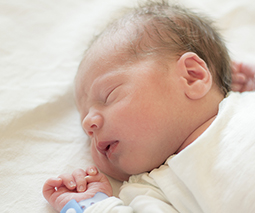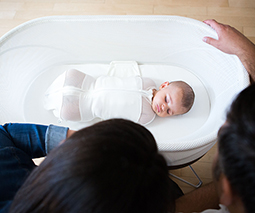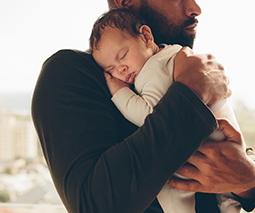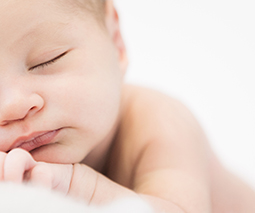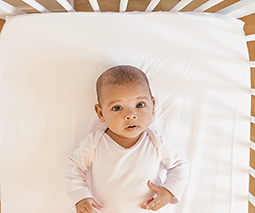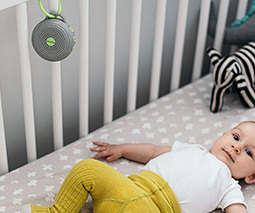Sleep training may never work for your baby – here’s why

Got a baby that wakes throughout the night no matter what you try? It turns out that some babies are just not made for sleep training.
It’s in the genes
A recent study has found it’s genetics, not the way you parent or the sleep training method you use that plays a role in how your baby sleeps. This could explain why your baby still wakes in the night, despite trying every method under the sun to improve his sleep habits.
When you compare your baby’s sleep habits with the stories you hear from other mums, it can be hard not to blame yourself or wonder if there’s something wrong with your bub. In fact, it’s thinking like this that makes the problem a whole lot worse to bear. But results from a recent study might help you shift your mindset.
The study examined the sleep habits of 995 sets of twins at 6, 18, 30 and 48 months of age. The parents of these babies used a variety of sleep methods such as cry-it-out and co-sleeping, but researchers concluded it didn’t matter what sleep method was used because it was genetics that determined sleep habits at night, not parenting habits or particular sleep training methods.
They found genetics to be responsible for the sleep habits of 47 percent of 6-month-old babies, 58 percent of 30-month-old babies and 54 percent of 48-month-old children.
Interestingly, the study found that day sleep for these babies was largely affected by environmental issues. So while night waking could be attributed to genetics, interruptions during day sleep were often due to baby’s environment. For example, the room was too light or cold.
What this means for you
The results from this study help explain why sleep training methods like cry-it-out might never work for your baby. So if you’ve tried it, and it didn’t feel right or simply didn’t work, it could be that your baby is genetically hardwired to wake in the night and seek comfort.
See the night waking as something you need to manage rather than something you need to ‘fix’. By tweaking how you think about it all, you might find yourself being more flexible and patient with your baby’s sleep habits, because it’s just the way your baby is and not a problem you need to solve.
If your baby doesn’t sleep well during the day …
If your baby often wakes from day sleeps, this study suggests that it could be due to her sleep environment, so consider how you can improve this to help bub stay asleep for longer. For example, can you darken the room or use music or white noise to encourage longer sleep? You can also check the temperature of the room and if bub is cosy enough in her bed.
Using a bedtime ritual can help your bub prepare for naps during the day, and wrapping or swaddling babies under four months can encourage longer sleep.
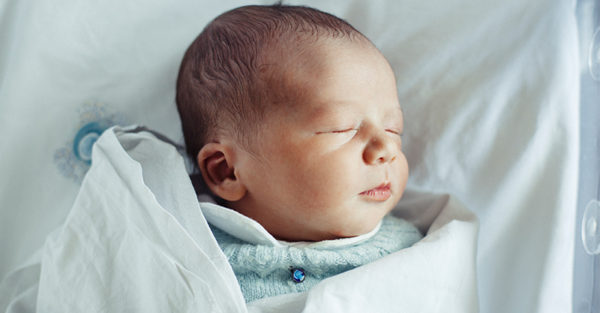
There’s a window for change
If you’re feeling despondent about having a baby who might be genetically designed to avoid sleep throughout the night, don’t fret. The study also found that many babies changed their sleep patterns at around 18 months. So for those babies whose sleep was affected by genetics, at 18 months, genetics stopped playing a role in sleep patterns.
In other words, if your baby won’t sleep through the night, despite everything you’ve tried, you can look at instilling new sleep habits at 18 months of age, when they might be open to adopting a new routine.
 Need some more baby sleep advice? Our Parent School sleep experts can help. Click to find out more or book a one-on-one session.
Need some more baby sleep advice? Our Parent School sleep experts can help. Click to find out more or book a one-on-one session.

